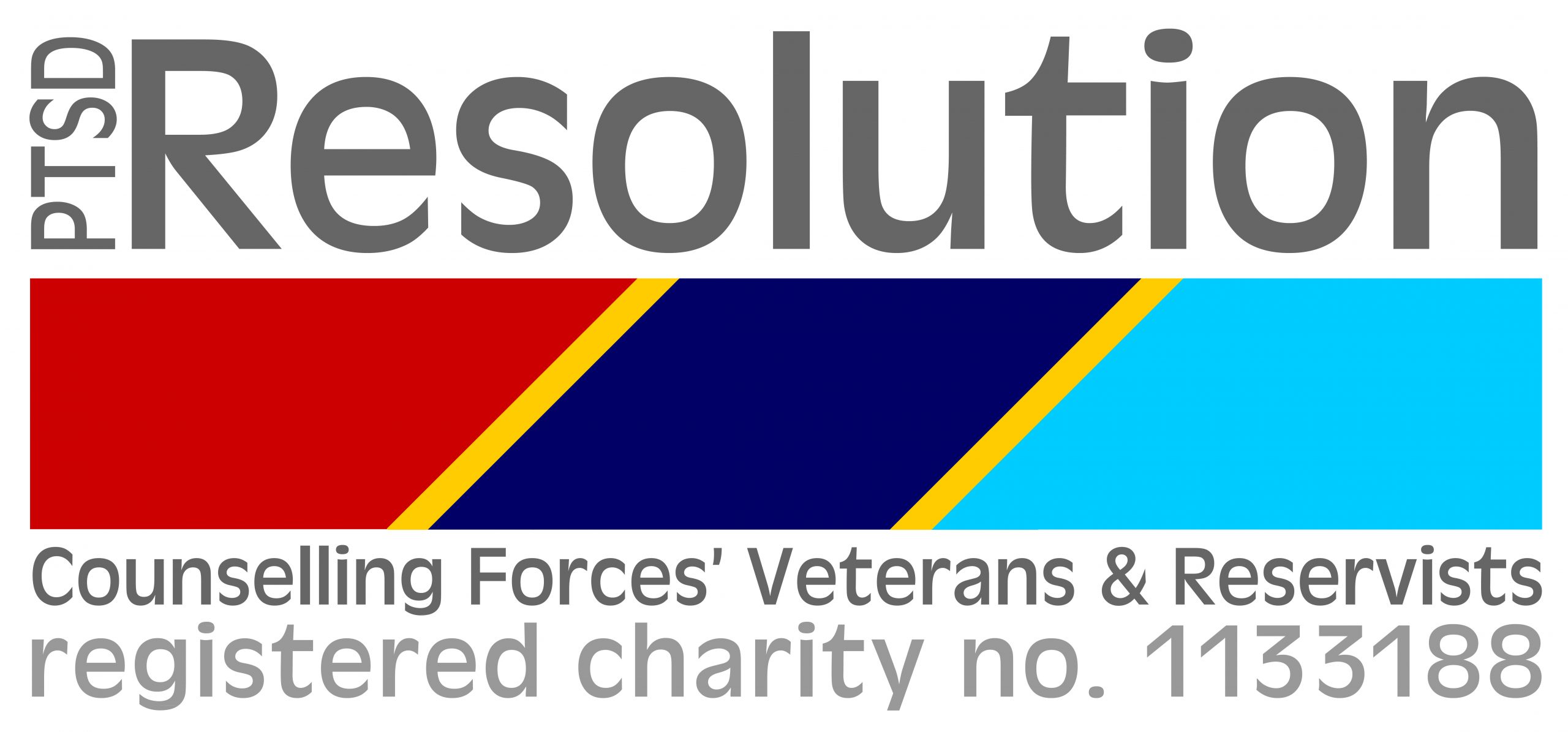A survey by charity PTSD Resolution has found that 46 per cent of the 500 UK armed forces’ veterans who responded used alcohol or drugs to manage the symptoms of trauma. Where veterans did seek help from their GP, 80 per cent of these were prescribed medication.
Charity chairman Colonel Tony Gauvain (Retired), a qualified therapist and former Commanding Officer of the 1st Battalion the Cheshire Regiment, says:
“The report’s findings are very concerning. Half the veterans surveyed rely on drink and drugs just to cope. Whilst 78 per cent of those who sought medical help did get a diagnosis of PTSD, veterans are still being prescribed medication by their GP – which just suppresses symptoms and can cause problems in the long term.”
PTSD Resolution provides mental health therapy free of charge to veterans, reservists and family members through a network of 200 therapists across the UK, and by phone and the internet during the pandemic.
“Sufferers need specialist counselling, not just medication, to resolve the symptoms of trauma”, says Tony Gauvain.” However, where therapy is offered through the NHS it can take several months to get an appointment – and in many instances the treatment is inappropriate and can result in further psychological damage.”
The survey also found that 75 per cent of those who received counselling were asked during treatment to verbally relate details of the traumatic incidents that caused their problems.
Re-telling or re-living trauma can be damaging, Tony Gauvain explains, because it creates more distress and may even traumatise the counsellor and other people present if it is within a group therapy session.
“This re-telling of traumatic events is not required with Human Givens Therapy, which is the treatment process that we use in the PTSD Resolution national network – a specially developed system of relaxation and guided visualisation. This is a compassionate and therapeutically much safer and more effective treatment for veterans and other family members,” he says.
With some 3,000 referrals received by the charity since 2009, 78 per cent of cases result in a reduction of symptoms to where the therapist and client agree that no further treatment is required, after an average of six sessions. PTSD Resolution has a follow-up programme to confirm the results are stabilised.
PTSD Resolution is usually able to arrange an appointment within days of the first contact by a veteran. The charity also provides therapy in prisons, within the Criminal Justice System, and for those with persistent drink and drug problems, who are usually excluded from other trauma counselling programmes, Tony Gauvain says.
“We offer help that is local, prompt and effective, in strict confidence, for veterans and also family members who may be affected by living with someone who is traumatised. Our message is: you don’t have to wait to get better, we are just a phone call away”.
Contact: 0300 302 0551 or contact@ptsdresolution.org . www.ptsdresolution.org
